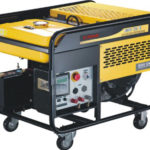If you’re looking to purchase a generator that suits your family’s needs, then look no further. This article will guide you through the selection process and provide essential tips for usage.
1 What to Prepare Before Buying a Generator?
There are a few things to consider when buying a generator, and knowing these will help you make the best choice:
Determine Your Power Needs
First, consider whether you need a generator for your home or a café/restaurant. For home use, a generator with 10-25% more power than your expected load is ideal to prevent overloading. Conversely, for larger spaces with more people, avoid using a small generator as it may be insufficient and unsafe.
Budgeting
Generators typically don’t require a hefty investment, but costs can vary depending on your needs and the type of generator. It’s essential to calculate the necessary expenses and estimate the budget for your purchase.
Research Different Models, Functions, and Power Outputs
When choosing a generator, ensure it has a clear origin, and its power output matches your consumption needs. Additionally, consider factors like noise reduction and warranty when making your decision. This will ensure you purchase a safe and reliable generator.
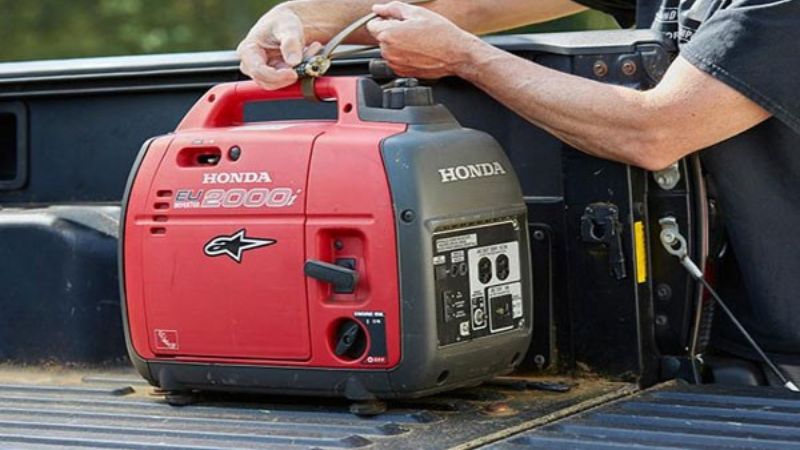 What to Prepare Before Buying a Generator?
What to Prepare Before Buying a Generator?
2 Important Tips for Efficient Generator Usage
Don’t Operate the Generator Indoors or Too Close to Your House
Generators emit toxic and hot gases during operation, so it’s best to place them outdoors in a well-ventilated area, away from flammable materials. Avoid operating them in confined spaces like basements or near vehicles, as this can lead to fire hazards.
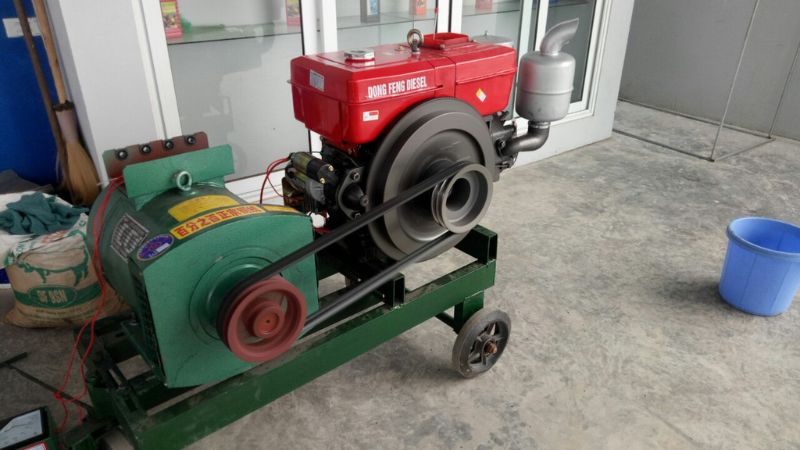 Don’t Operate the Generator Indoors or Too Close to Your House
Don’t Operate the Generator Indoors or Too Close to Your House
Avoid Using a Voltage Stabilizer to Boost Voltage
Using a voltage stabilizer with a generator can cause conflicts and reduce the lifespan of both devices. Even if the generator operates slowly, refrain from using a stabilizer to boost voltage.
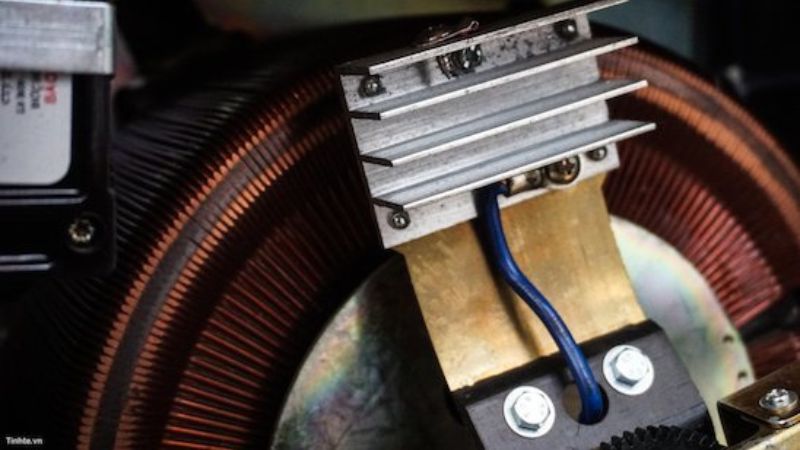 Avoid Using a Voltage Stabilizer to Boost Voltage
Avoid Using a Voltage Stabilizer to Boost Voltage
Cool Down the Generator Before Refueling
Allowing the generator to cool down before refueling helps prevent overloading and reduces the risk of fire hazards.
Know How to Connect External Devices to the Generator
Never plug the generator into a wall outlet, as it may become a transformer and electrocute people in the house or neighborhood.
Only connect low-power devices to the generator to avoid overloading and ensure longevity.
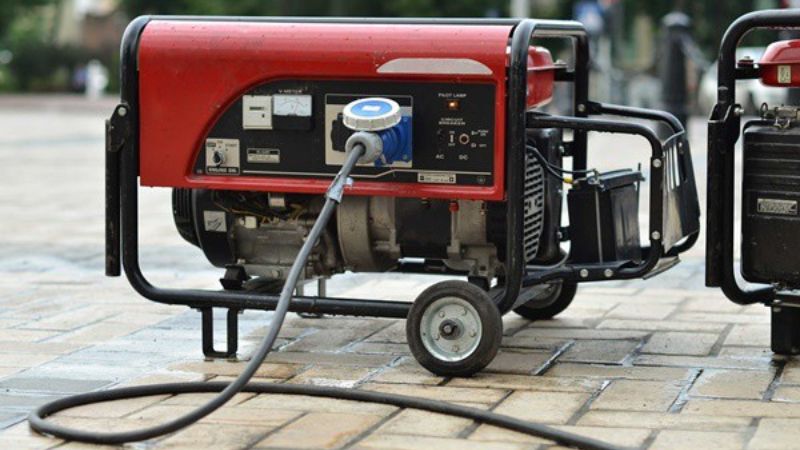 Know How to Connect External Devices to the Generator
Know How to Connect External Devices to the Generator
Use the Correct Power Output
As mentioned, using the generator within its designed power output will save you money and prolong its lifespan. Most manufacturers recommend using around 80% of the generator’s rated power output.
Place the Generator on a Flat, Dry Surface
A flat, dry surface ensures the generator operates smoothly and efficiently. It also prevents certain engine components from drying out or not receiving enough oil.
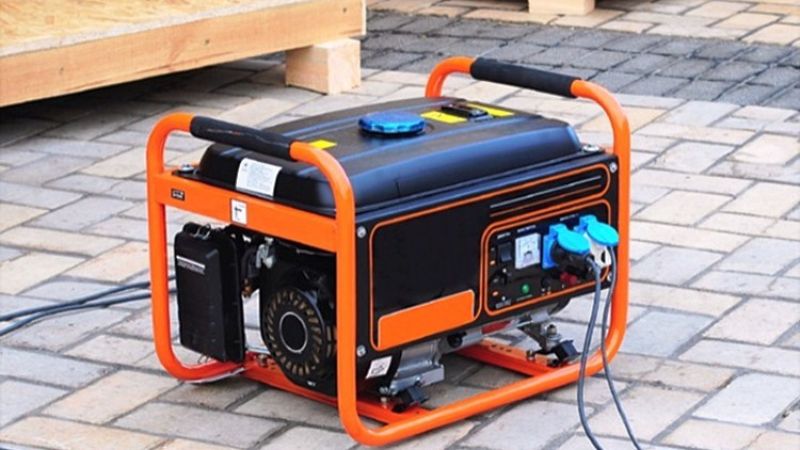 Place the Generator on a Flat, Dry Surface
Place the Generator on a Flat, Dry Surface
Maintain Engine Oil and Filters
After the first 20 hours of use, change the oil, and from then on, replace it every 50-60 hours to ensure the generator lasts longer without frequent oil changes.
Don’t Change the Fuel Type
Always follow the manufacturer’s instructions for fuel type. Using a different fuel can damage the generator and void the warranty.
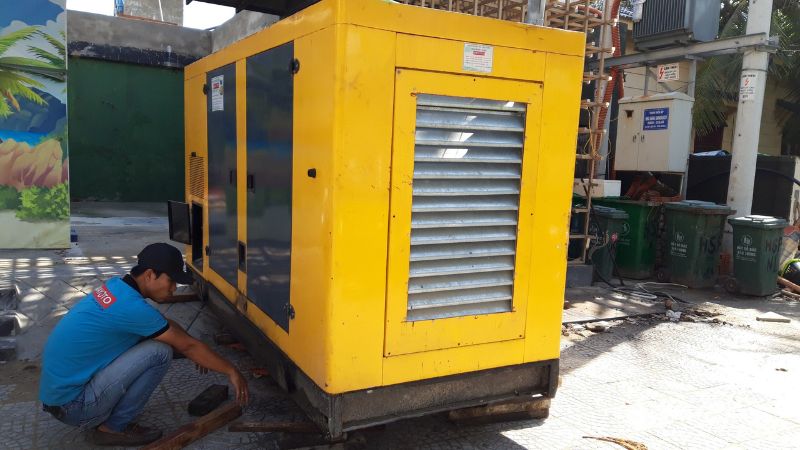 Don’t Change the Fuel Type
Don’t Change the Fuel Type
Regular Checks and Maintenance
Like any machine, generators require maintenance to prolong their lifespan. Check the oil regularly, and after 500 hours of operation, clean the generator and change the oil. If any issues arise, take it to a service center for timely repairs.
Follow Safety Guidelines for Generator Usage
To use the generator safely and effectively, keep these points in mind:
- Warm up the generator by running it for 10 minutes before use, and avoid prolonged operation.
- When turning off the generator, carefully unplug all connected devices and check the digital display. If there’s still a reading, turn off the power source.
- Never touch the generator’s plugs with wet hands.
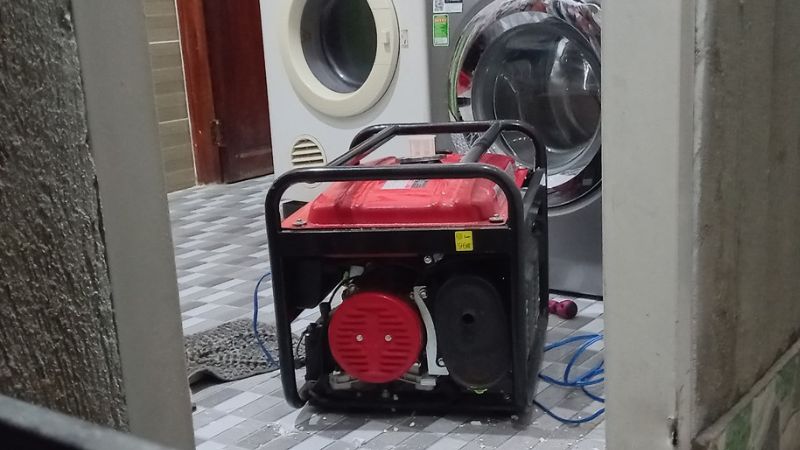 Follow Safety Guidelines for Generator Usage
Follow Safety Guidelines for Generator Usage
We hope this guide helps you choose the right generator for your needs and provides valuable tips for safe and efficient usage.
Tips for Choosing a Generator for Power Outages
The risk of frequent power outage in summer is significant, and families should take note of the following after selecting a generator for their households this summer.

























